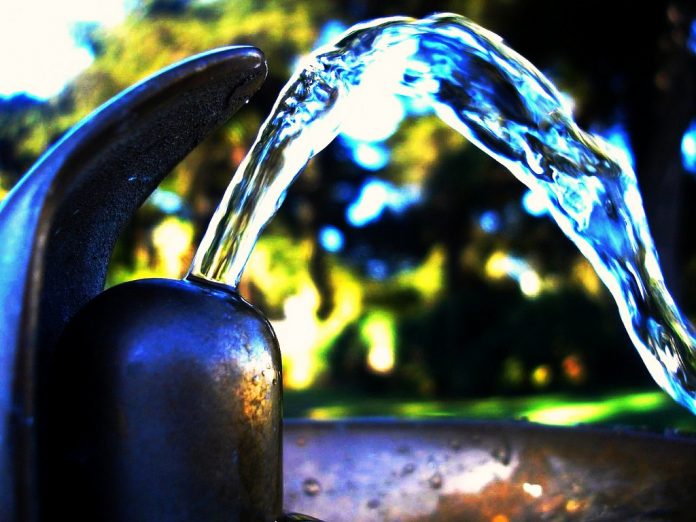MEPs backed plans to improve consumers’ trust in tap water, which is much cheaper and cleaner for the environment than bottled water, on Thursday.
MEPs propose to tighten the maximum limits for certain pollutants such as lead (to be reduced by half), harmful bacteria, and introduce new caps for most polluting substances found in tap water. The report also backs the principle of water access for all in the EU.
The vote on this report, adopted by show of hands, closes Parliament’s first reading, which reached its position in October. However, EU ministers have not reached their position in time to open negotiations before the end of the legislative term. Negotiations will therefore start in the new parliamentary term, following European elections in May.
“With a clear timetable, the European Parliament has shown itself to be up to the expectations of European citizens, ready to negotiate the text as early as November in order to reach an inter-institutional agreement before the end of the mandate. Despite all the efforts of the Romanian Presidency to make up for the delay in the Council, and the European Parliament presenting a general approach at the Council of Ministers on 5 March 2019, there is no longer time for manoeuvre to initiate inter-institutional negotiations, due to the European elections next May” said Michel Dantin (EPP,FR) on Wednesday.
Access to water
Member states should also take measures to provide universal access to clean water in the EU and improve water access in cities and public places, by setting up free fountains where technically feasible and proportionate. They should also encourage tap water to be provided in restaurants, canteens and catering services for free or for a low service fee.
According to the European Commission, lower consumption of bottled water could help EU households save more than €600 million per year. If confidence in tap water improves, citizens can also contribute to reducing plastic waste from bottled water, including marine litter. Plastic bottles are one of the most common single use plastic items found on European beaches.
EPP: Citizens must be heard
“European citizens have made their voices heard repeatedly, but will now have to wait for the new Parliament to decide on the quality of water they drink”, said Dantin.
Dantin explained that the European Parliament already adopted its position on the Drinking Water Directive in October last year, whereas the Member States only came to an agreement in March this year. “We were happy to see Member States finally agreeing on the changes to the legislation, but disappointed it happened so late”, he said.
For the EPP Group, it is important to reiterate that debate on the quality of drinking water is not a debate about who should and should not have access to water.
“It is understood that everyone should have access to clean and good quality water, and we should do our utmost to make it as affordable as possible for everyone. Insisting that countries absorb the costs through their state budgets goes against existing country traditions, and is only a mirage because in the end, it is always the taxpayer that foots the bill”, recalled Dantin.
The agreement expected to be validated today is a result of the first-ever successful European Citizens’ Initiative, called ‘Right2Water’ which gathered over 1.8 million signatures in support of improving access to safe drinking water for all Europeans.

